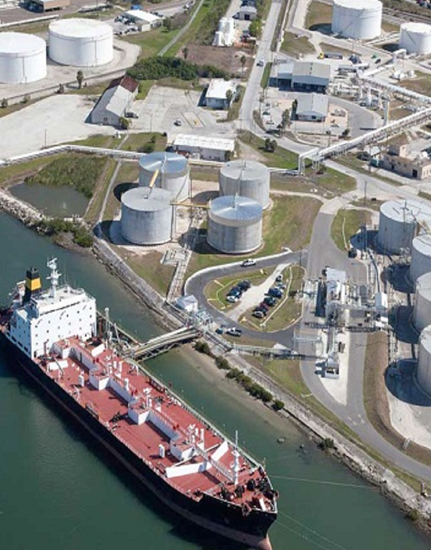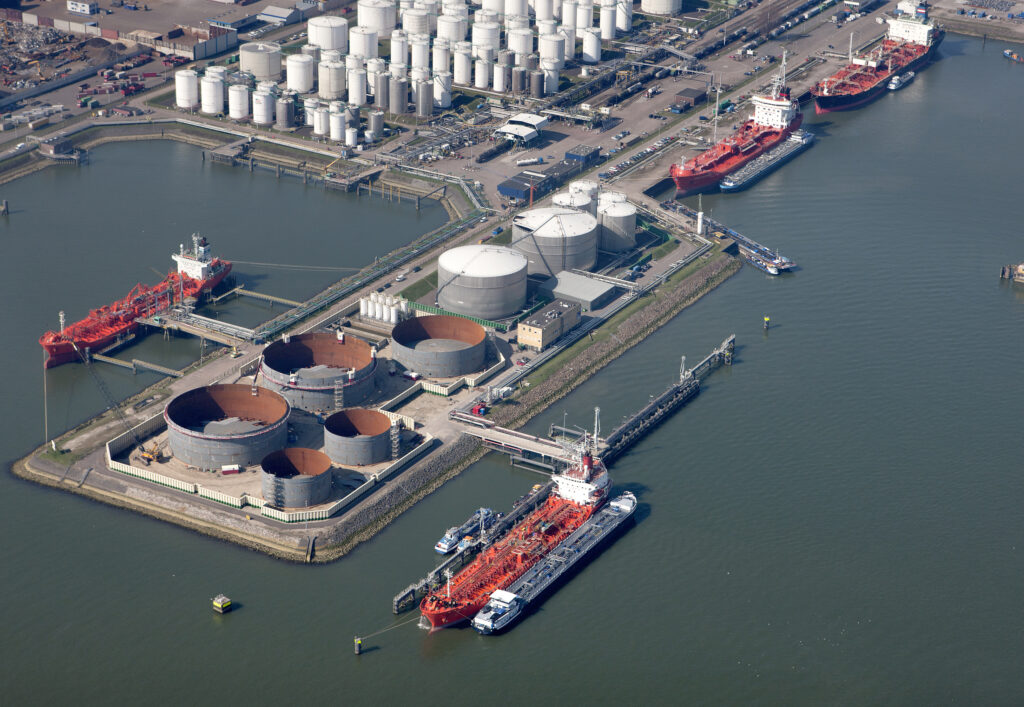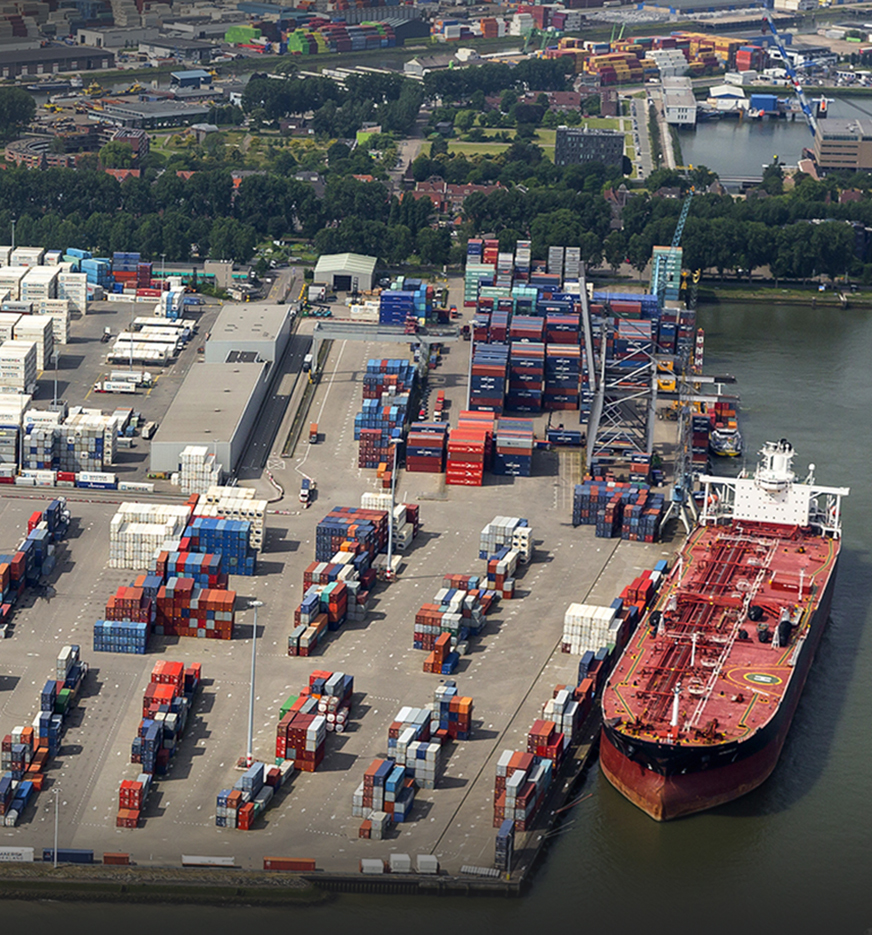United Bunkering And Transportation (UBC) Company B.V, Tank farm manages independently owned tank farms in Netherlands, which are operated by our management and not owned by oil companies in Netherlands and our management charges all oil companies the necessary bills for storage and handling their products. Our tank farms are situated above the ground and while some are beneath the ground with support for successful discharges of products into heavy duty oil tankers and pipelines. We have large industrial amenities for the storage of oil and petroleum products before these products are formally transported to the end users or further to storage facilities.
Our farm’s tanks are positioned in various locations where ocean liners carrying products can discharge their cargo while some are technically attached to pipelines in other to draw our supplies through rails or barges and by heavy duty oil tankers. Most of our tank farms have heavy duty oil tankers operating from their grounds and these vehicles transport products to petrol stations or other users.
The products which reach our tank farms are from the refineries and suitable for delivery to customers because our tank farms are modern and comprise various types of tankage, pipelines, and gantries with a greater degree of automation as significant changes in depot operations.
As global population and GDP are growing, the world’s demand for energy and chemicals is rising as well. We see a growing geographic imbalance between areas of production and areas of consumption of energy and petrochemicals. This has led to the transportation of oil, gas, and petrochemicals over longer distances around the world. At the same time, markets and product flows have constantly changed, in response to more ambitious climate change policies, to geopolitical and economic fluctuations and to the development of new energy sources and cleaner fuels. The result is a growing demand for storage and handling of bulk liquids and gases at key locations along global marine trade routes.
Determining the best locations for our terminals requires a long-term vision of global geo-economic developments, while constantly changing product flows demand flexibility and short-term action in the day-to-day work at the terminals. In such a dynamic context, our leadership depends on our ability to excel in three areas — the three pillars of our strategy.
After that, the pile foundation was installed, and the installation of the oil terminal building began this summer. “You can work only during the summer navigation, and it lasts from August to early October,” explained Vladimir Krupenikov. – In winter, the temperature in these places can reach -50 degrees, the Ob Bay and the Kara Sea are covered with ice on average 270 days a year.




